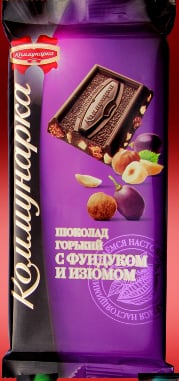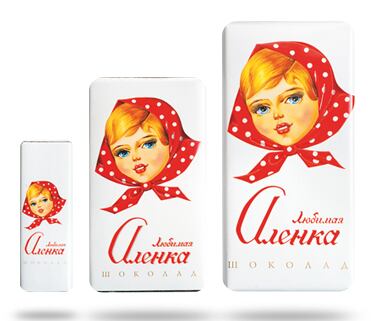Sweet water is the wash water that remains after rinsing production equipment, connection lines and cooking equipment which contains various percentages of sweet ingredients, and is not normally used.

Kommunarka began generating income from this waste stream when it was approached by the United Nations' Industrial Development Organisation (UNIDO).
UNIDO helps companies apply its 'Resource Efficiency and Cleaner Production' approach by identifying inefficiencies in companies' production process.
Carolina Gonzalez, project manager at UNIDO told FoodNavigator: "We know that sweet water is clean because it is from the interior part of the equipment used anyhow for the production of food items. The quality and characteristics [means that] it is then used to produce other products, such as marmalade or fruit jelly."
Previously Kommunarka, which exports to countries including Russia, the US, Israel, Kazakhstan, Germany, the Czech Republic, Cyprus and the United Arab Emirates, threw out several tonnes of this sweet water each day.
Sweet water
At best sugar and sweeteners in the water supply are a waste of resources that could be re-used.
At worst, they could be harmful to the environment.
In 2009 researchers discovered that treatment processes at a sewage plant in Germany were failing to completely eliminate the sweeteners sucralose, acesulfame, cyclamate and saccharin, leading to concerns over the adverse impact of non-biodegradable sweeteners on water supplies.
It uses sugar to sweeten its chocolate and fructose for the 'no added sugar' range.
Working with UNIDO, it started by taking sample of the by-product and using it to produce a marmalade in laboratory conditions before scaling up the process. This move towards a circular economy has opened up "a new business plan" for the company, said managing director of Kommunarka's factory in the capital Minsk, Ivan Danchanka.
Danchanka said: “On average, 1,100 litres of this sweet water are used per shift. This figure includes 300 litres of sweet water, of which 15% is actually dry substances that are used in the candy shop. Sweet water left over after the subsequent rounds of washing is now used by another company that purchases it from our factory.”
Added value
By generating fewer effluents and adding new products to its line, Kommunarka is giving value to something that used to be considered waste, and can be easily adopted by other companies, said Gonzalez.
“Where here the sweet water could be used for marmalades or jellies, in a different company other by-products can be used – either by the same company for their production or sold to another company that can benefit from this secondary resource,” she added.
First established in 1905, the Belorussian confectionery company changed its name to Kommunarka in 1929 to commemorate the 12th anniversary of the October

Revolution during which Communist forces overthrew Russia’s Tsarist autocracy.
UNIDO's project is part of the EaP GREEN programme, financed by the European Union, which aims to help countries in the EU’s ‘Eastern neighbourhood’ such as Georgia, Armenia, Moldova and Belarus to transition to a greener economy.
